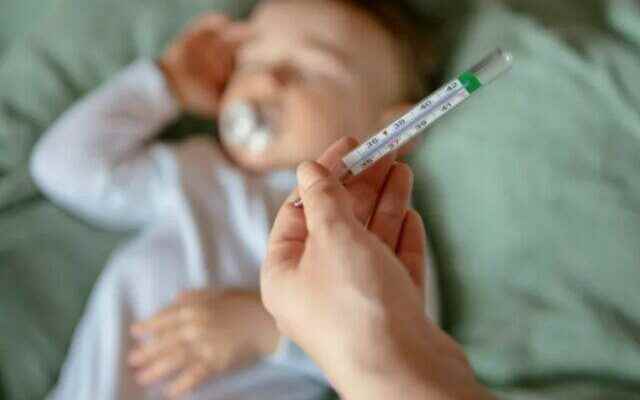Meningoencephalitis is a disease that occurs as a result of inflammation of the brain and meninges. Early detection of the disease can be challenging, as the symptoms of this disease are similar to the flu. Child Health and Diseases Specialist Dr. Hasan Çetinkaya, stating that the risk of disability and death is high in children with meningoencephalitis, said that if there are complaints of fever, vomiting, headache, and confusion, a doctor should be consulted without wasting time.
INCREASED IN PEOPLE WITH THIS DISEASE
Dr. Hasan Çetinkaya stated that meningitis is called meningitis and brain tissue inflammation is called encephalitis, and that they call these two conditions together as meningoencephalitis. In the current autumn-winter period, resistant fever-cough, middle ear and lung infections are frequently seen in children, while an increase is observed in children with suspected meningoencephalitis. Complaints such as fever, vomiting, diarrhea, loss of appetite, weakness, headache, muscle aches, rash, confusion, drowsiness and convulsions can be seen in the child. In babies, fontanel bulge may occur with constant crying and restlessness.
“EARLY DIAGNOSIS AND RAPID TREATMENT ARE VERY IMPORTANT”

Dr. Hasan Çetinkaya, stating that early diagnosis is of vital importance in meningoencephalitis disease, said, “Early diagnosis and prompt initiation of treatment are very important. There may be nuchal rigidity and other signs of meningeal irritation on physical examination. The gold standard in diagnosis is the demonstration of the causative agent in the cerebrospinal fluid (CSF). CSF samples and blood tests should also be taken. Since the risk of disability and death is high, antibiotic treatment should be started immediately in children with bacterial meningoencephalitis. All patients should be hospitalized and under observation. In some cases, such as impaired consciousness, convulsions, intensive care support may be required. Antibiotic use is unnecessary in viral meningitis, rest and plenty of fluid consumption are recommended. If adequate treatment is not provided, conditions such as gait disturbance, vision loss, hearing loss, seizures, cognitive losses, hydrocephalus and amputation may occur.
CAN EASILY TREAT

Expressing that kissing and being in close contact increase the risk of transmission in meningoencephalitis disease, Çetinkaya said, “In cases such as kissing with a bacteria or virus carrier, having close contact, living in the same place, healthy people can be transmitted through saliva or saliva. It is recommended to start antibiotic treatment in the close circle of a person who has a meningococcal infection for preventive purposes.
(UAV)
